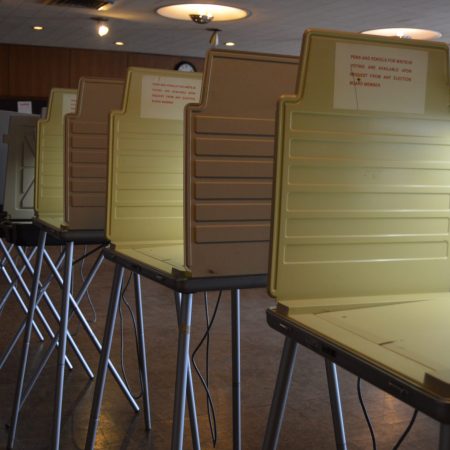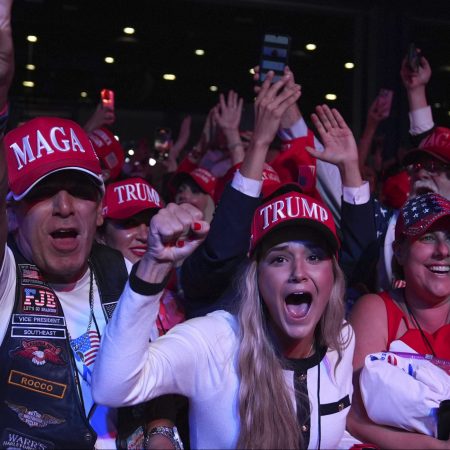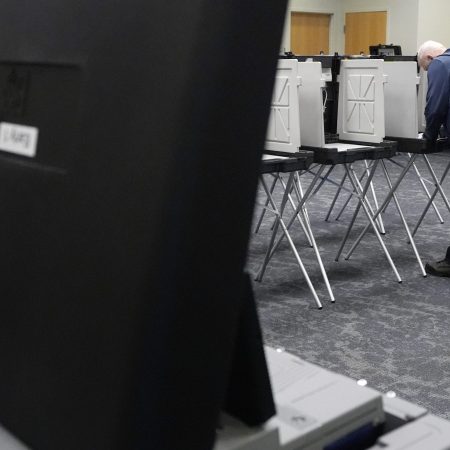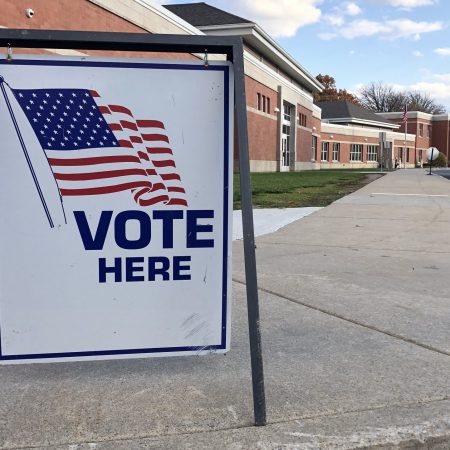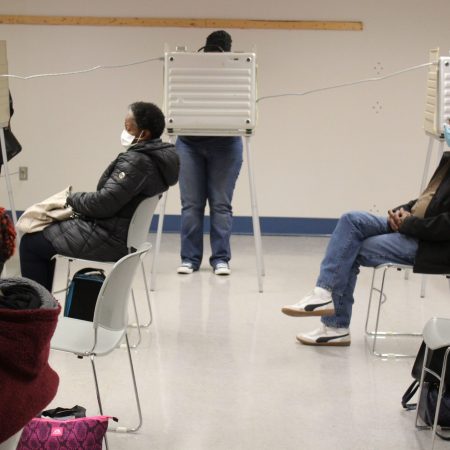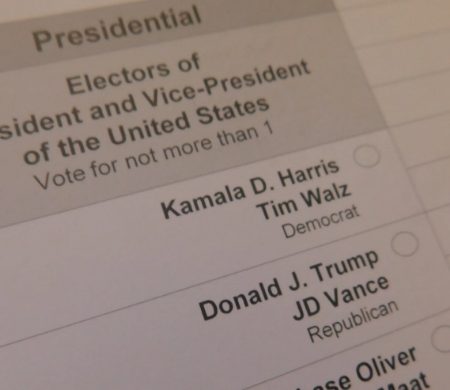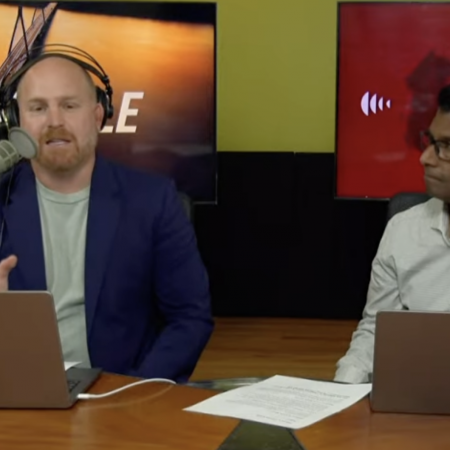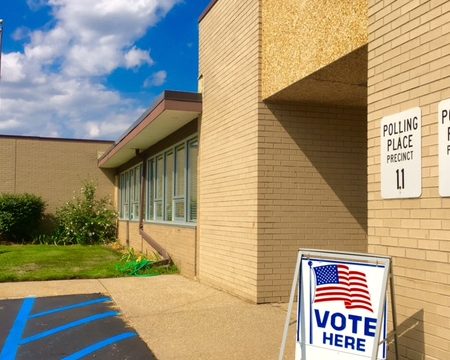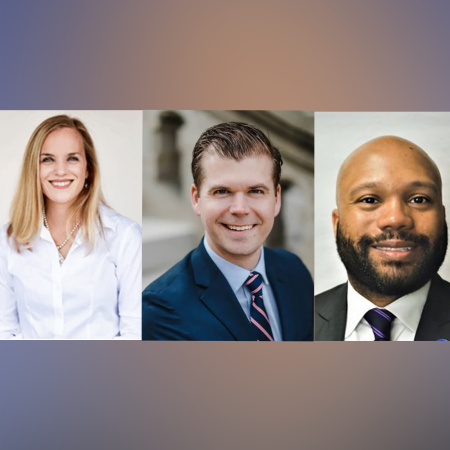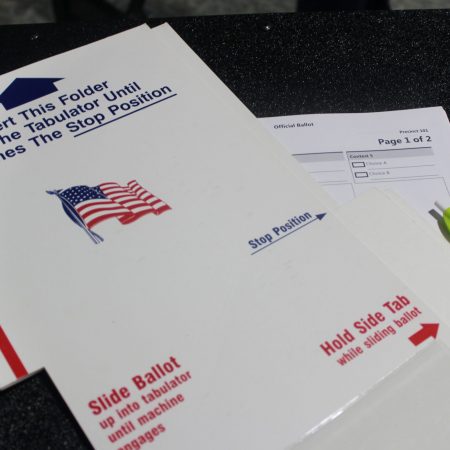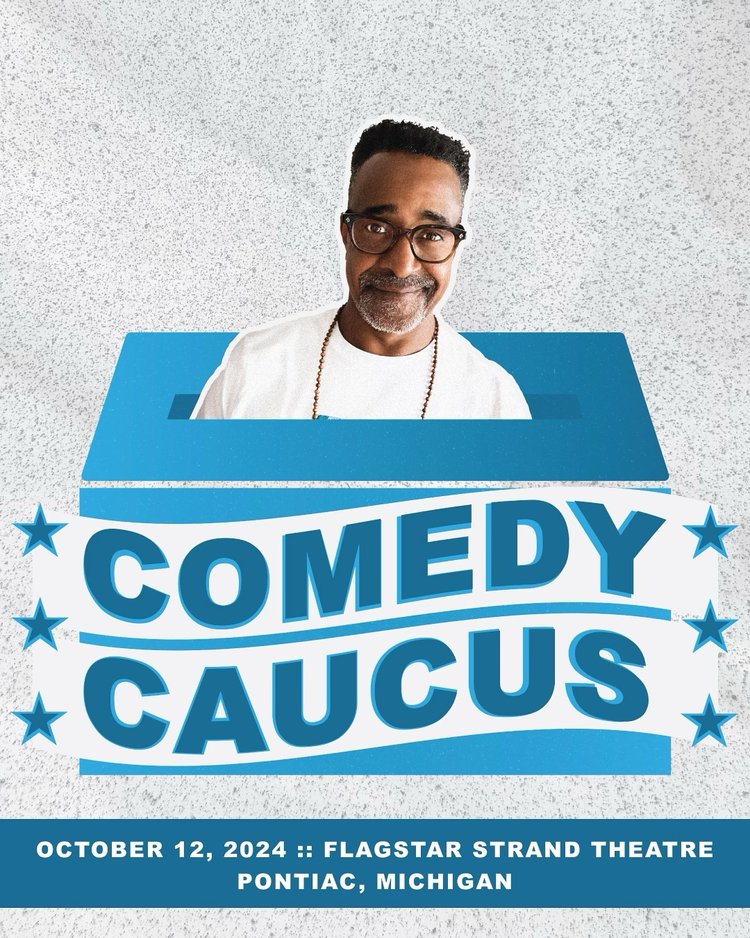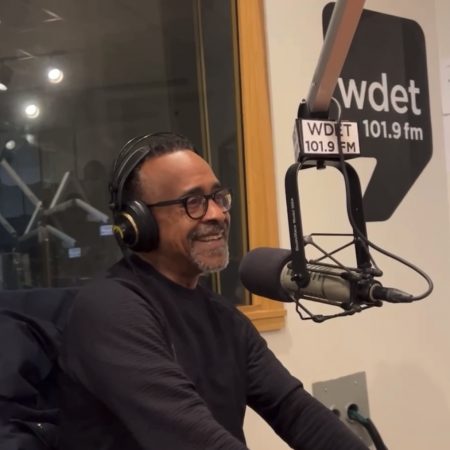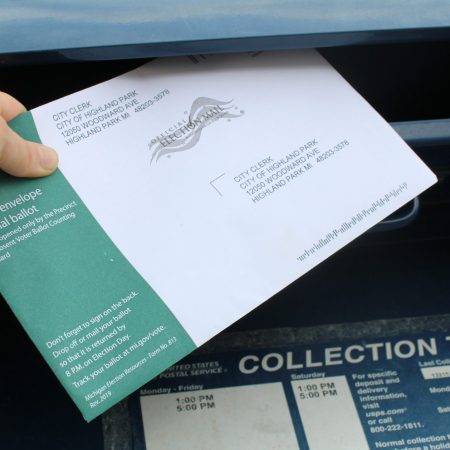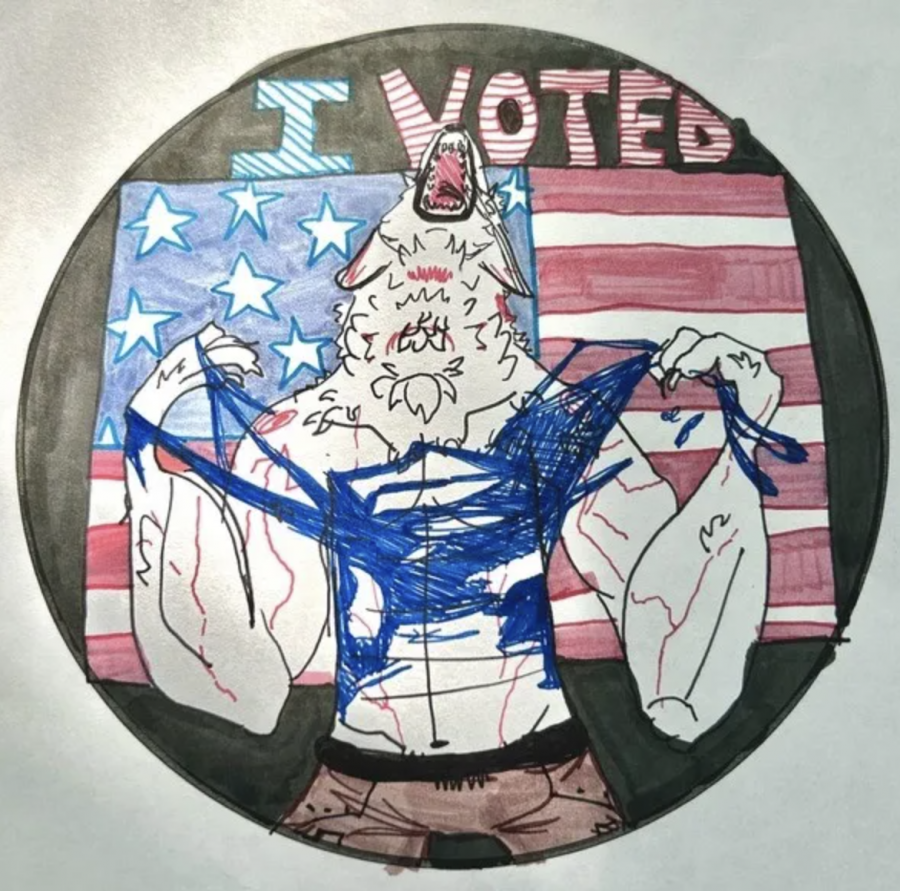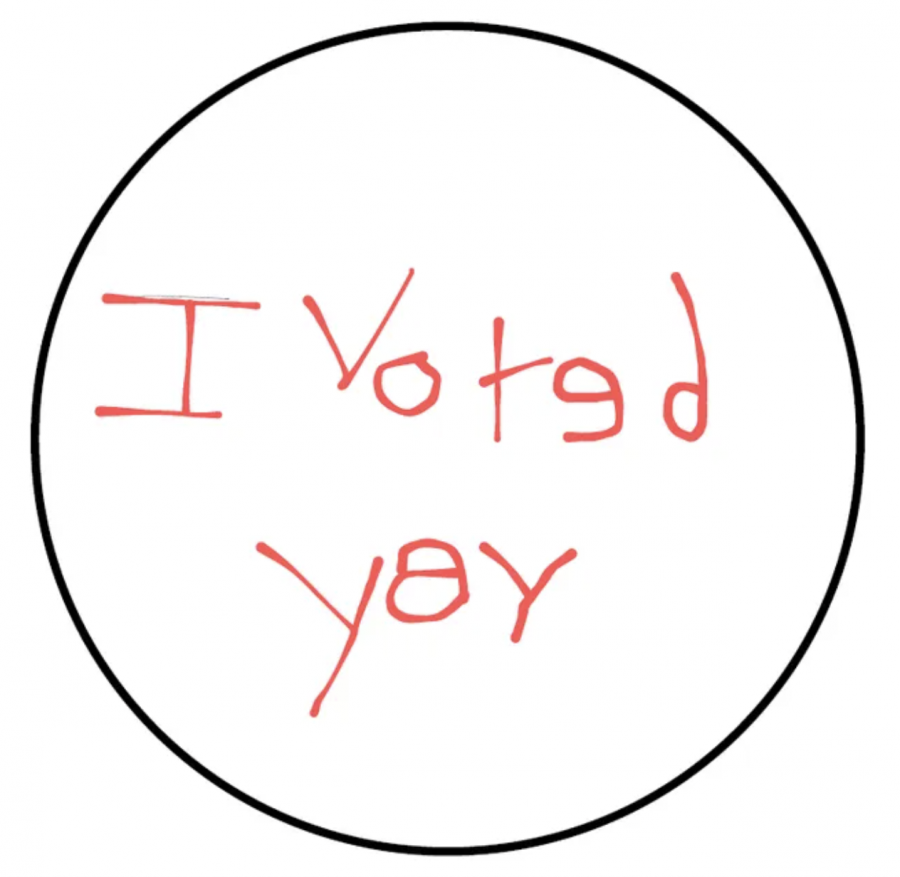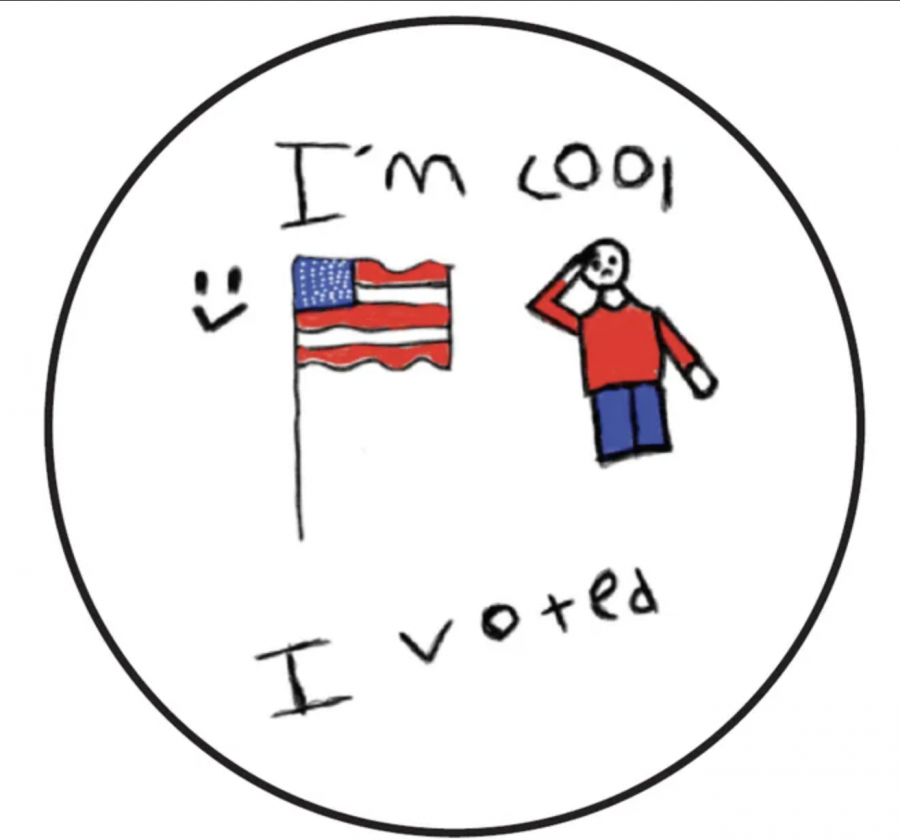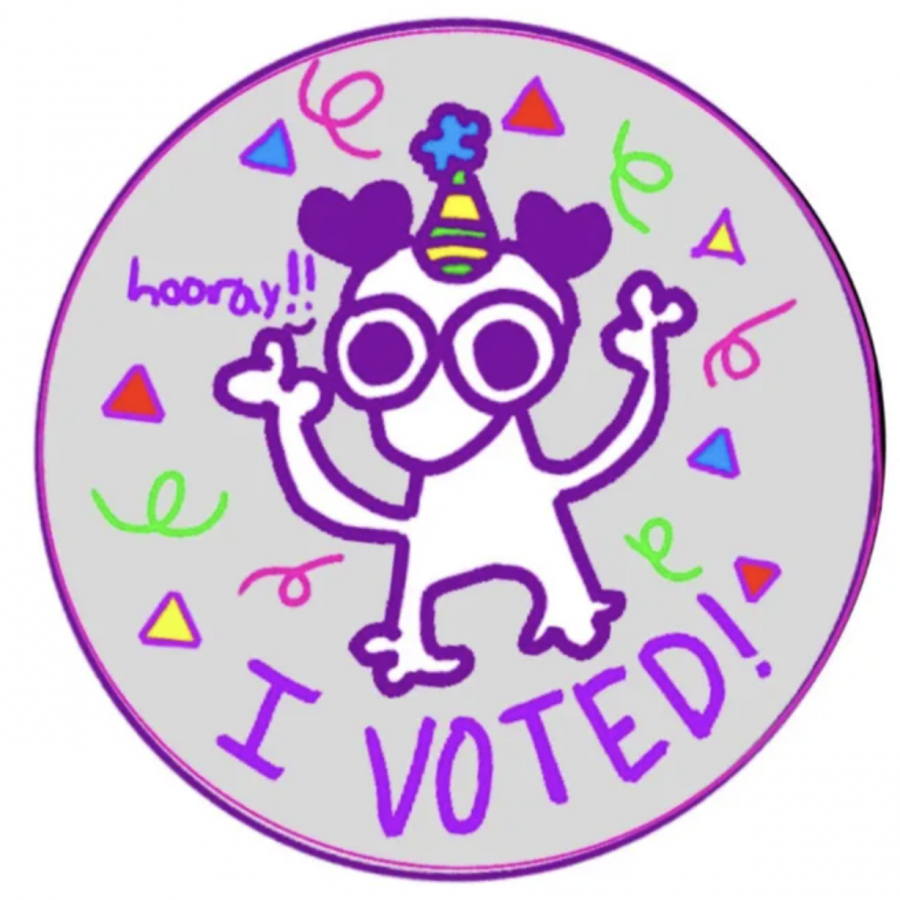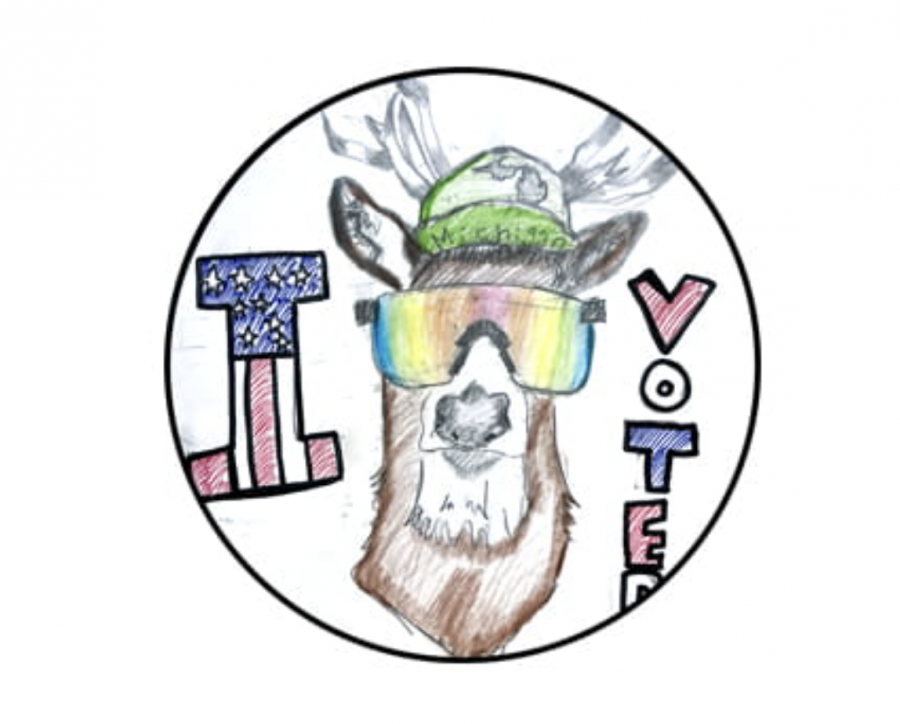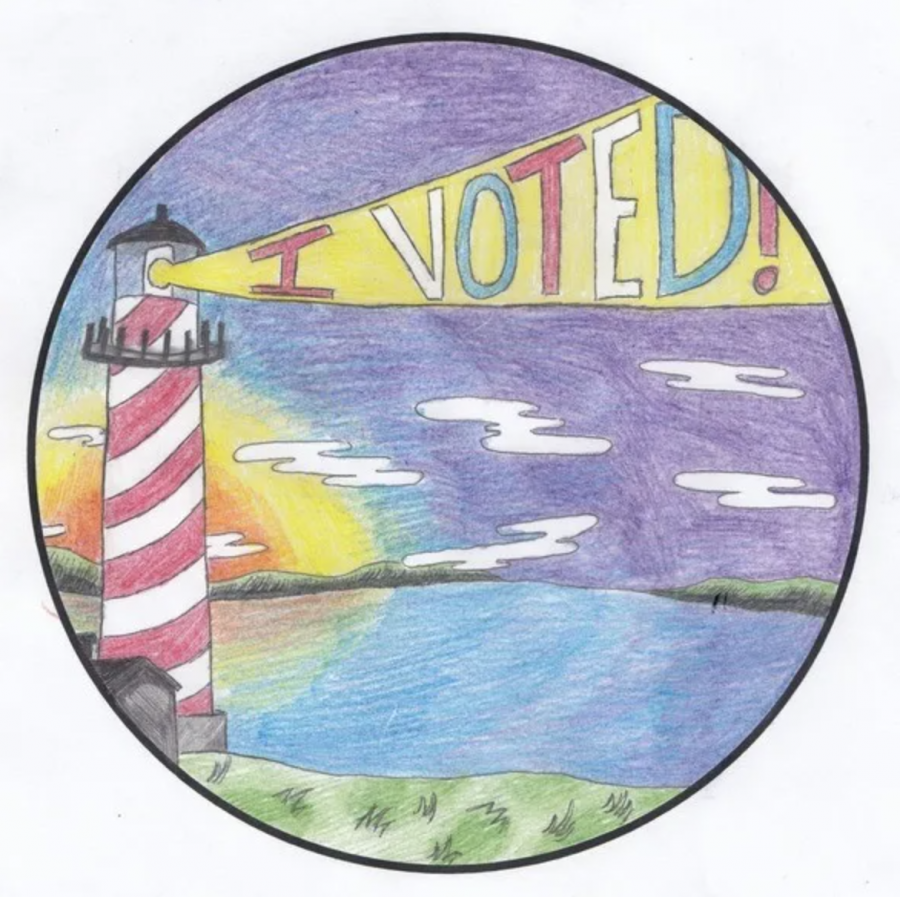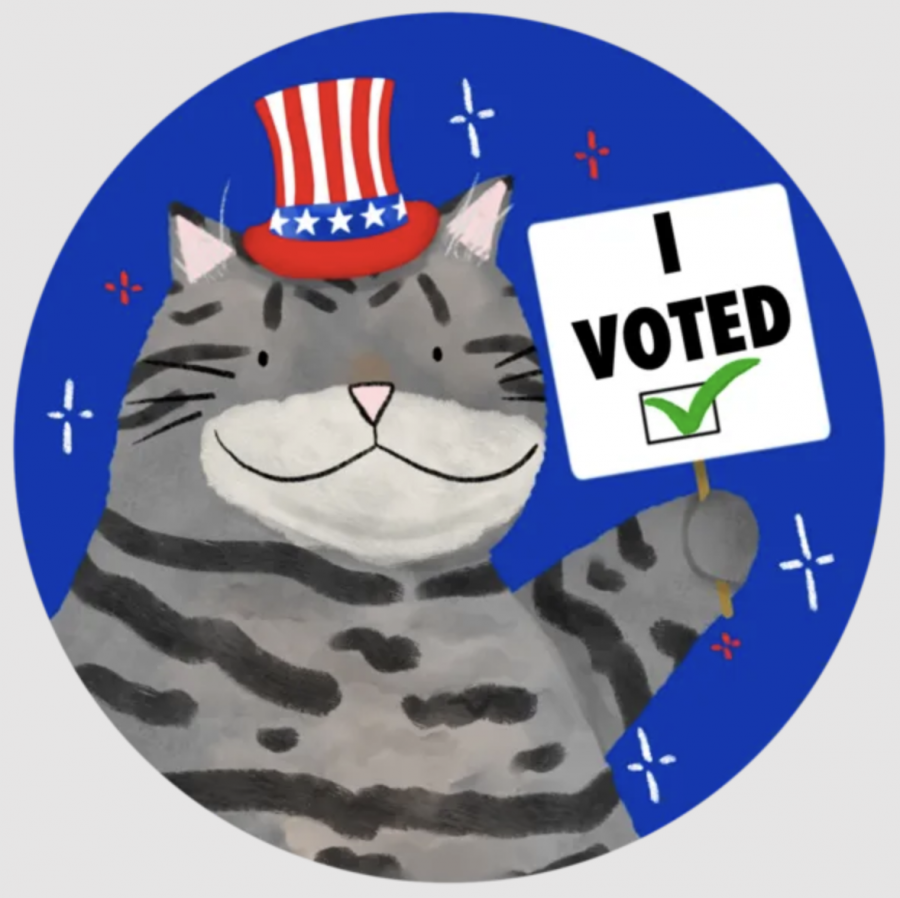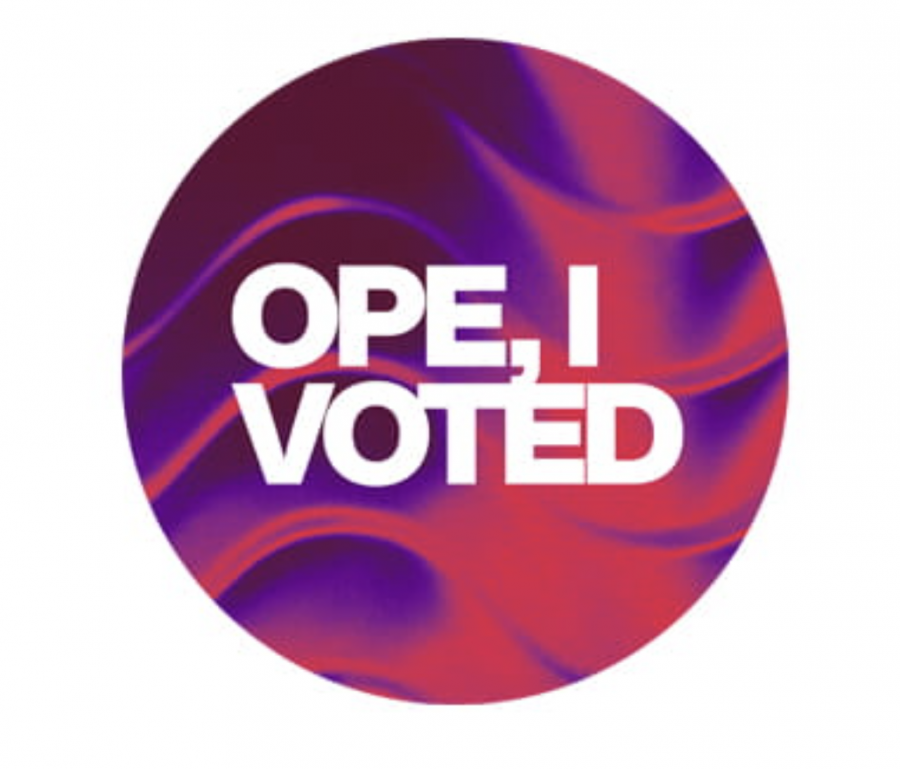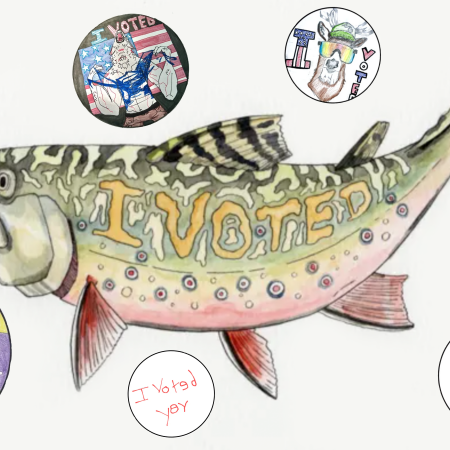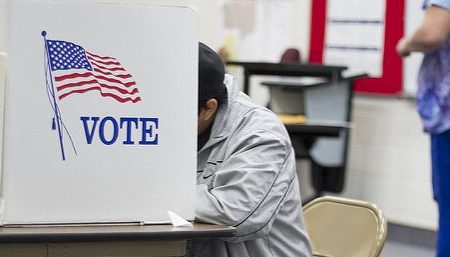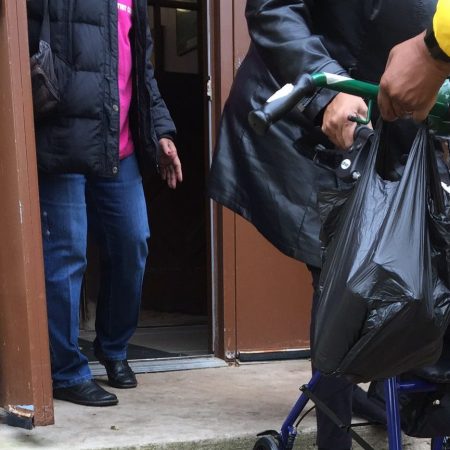Created Equal: Unpacking Michigan’s Election Day turnout
Michigan set a record in the 2024 election. Secretary of State Jocelyn Benson announced that 79% of eligible voters in the state cast their ballots — the highest turnout in the state’s history. However, turnout in Detroit decreased — and nationwide, nearly 13 million voters stayed home.
Subscribe to Created Equal on Apple Podcasts, Spotify, Google Podcasts, NPR.org or wherever you get your podcasts.
The efforts to expand voter rolls are working, but why aren’t they connecting in places like Detroit? Mario Marrow, political consultant and president of Mario Marrow and Associates, and Brady Baybeck, professor of political science at Wayne State University, joined Created Equal on Wednesday to unpack the story of turnout on Election Day and what it means for our elections going forward.
Baybeck pointed out that although many people feel compelled to vote because of a sense of civic duty, voting still comes with personal cost for many people. He stressed the importance of candidates inspiring voters to participate and explained that Trump was very effective at inspiring his base to vote, noting that Democratic messaging to voters could have been more widespread.
Marrow suggested that Harris had difficulty gaining momentum among voters because Biden dropped out late in the campaign, resulting in low turnout in some areas. He also explained that Trump was more successful connecting with his base through his use of TV and social media advertising, whereas the Harris campaign’s focus on knocking on doors and in-person organizing was inefficient at reaching out to an already fatigued voter base.
“It doesn’t work, you have to move into an area of technology, you have to move into getting to your constituents with an emotional affect,” Marrow said.
Use the media player above to listen to the full interview.
Guests:
- Mario Marrow is the president of Mario Marrow and Associates.
- Brady Baybeck is a professor of political science at Wayne State University
Listen to Created Equal with host Stephen Henderson weekdays from 9-10 a.m. ET on 101.9 WDET and streaming on-demand.
Trusted, accurate, up-to-date.
WDET strives to make our journalism accessible to everyone. As a public media institution, we maintain our journalistic integrity through independent support from readers like you. If you value WDET as your source of news, music and conversation, please make a gift today.
The post Created Equal: Unpacking Michigan’s Election Day turnout appeared first on WDET 101.9 FM.
